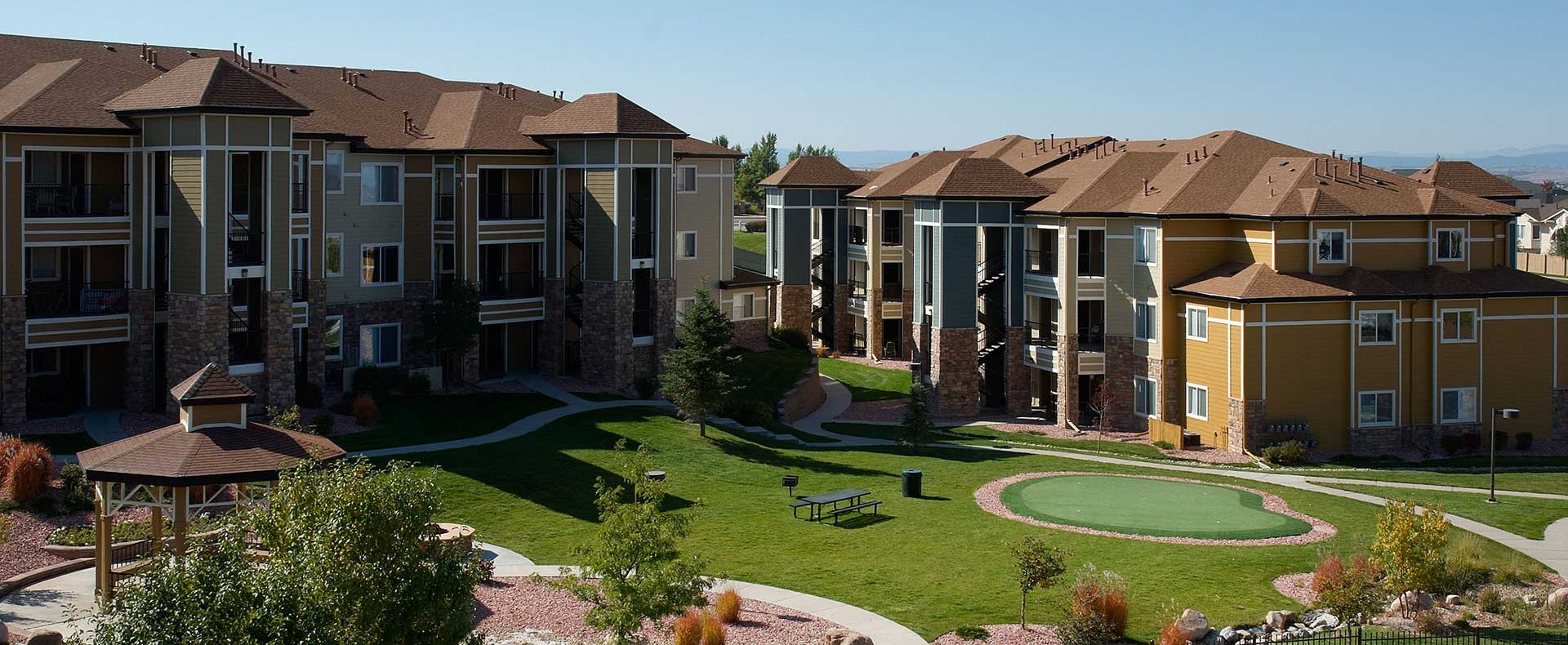There are many different ways to invest in real estate, and one of the most common is buying single family houses (SFHs) to hold as rental property. Many people who already have full-time jobs are lured in by the idea of passively owning rental homes and the promise of “mailbox money.” To make it even more passive, you can choose to use using a turnkey provider to handle the transaction from start to finish, complete with a property manager to take care of problems. It’s a win-win, right?
Continue reading “Should you invest in Apartment Syndications or Single-Family Homes?”Start Here
So… You want to invest in real estate but your time is limited and you do not want to have to manage tenants, toilets and trash.
Many of us know that investing in multi-family real estate can be much safer than investing in the volatile stock market. We want to preserve and even grow our wealth, retirement fund or our nest egg.
Continue reading “Start Here”Accredited Versus Sophisticated Investor – Which Are You?
This is the single-most asked question posed by syndicators to their investors, because it is required by law in the United States. Syndicators have to follow certain regulations set forth by the SEC in order to operate legally. There are 2 main categories of private placements, 506(b) and 506(c). Within these are certain restrictions affecting the kind of investors they can accept. This article will help explain the difference between an accredited versus sophisticated investor.
Continue reading “Accredited Versus Sophisticated Investor – Which Are You?”5 Multifamily Investment Opportunity Characteristics
Each multifamily investment in a real estate project deal is unique, so it is sometimes difficult to compare them against each other. One way that you can do this is to compare the different characteristics of risk in order to make an informed decision on which one to invest in. You ultimately want to make sure that the riskier a project might be, that you are getting paid for that risk.
Continue reading “5 Multifamily Investment Opportunity Characteristics”What to Expect During Your Passive Real Estate Investment
You have made a decision to invest in a passive real estate investment syndication that offers great returns and with a team that you know, like and trust. You have been bored to tears by their mounds of paperwork including the Private Placement Memorandum, the Operating Agreement, and the Subscription Agreement. It was 150-300 pages of legalese that you obediently read and understood. You wired your $50,000 minimum investment from your self-directed IRA to the operator’s bank account. You received an official confirmation that all paperwork was in order and that you were officially one of the many limited partners of a multifamily project that you believe in.
Continue reading “What to Expect During Your Passive Real Estate Investment”How Real Estate Crowdfunding is Making it Easier to Passively Invest in Syndications
In a thought… Real estate crowdfunding has democratized investing in areas, such as large real estate projects, that were only available to the wealthy or well connected. You have heard me discuss crowdfunding in other parts of Actively Passive, but I would like to go into depth on the topic, as one of the biggest benefits of using a crowdfunding platform is that you get to leverage the platform’s due diligence resources. There will usually be a small tradeoff or fee for this privilege, but this allows you to be even more passive than before. In other words, the platforms are doing the work, not you.
Continue reading “How Real Estate Crowdfunding is Making it Easier to Passively Invest in Syndications”Forced Appreciation – How It Works and Why We Like It
Before discussing the topic of forced appreciation, I feel that I need to give you some context. Real property appreciates or depreciates in value due to different market forces on the different types of property. In other words, each type of property has its own set of rules. Where single-family homes rely on comps (external forces) to determine value, commercial real estate is valued by the underlying business (internal forces) or income stream of the property. Withing the broad category of commercial real estate is multifamily property, which is defined as a property having 5 or more rental units (doors).
Continue reading “Forced Appreciation – How It Works and Why We Like It”






